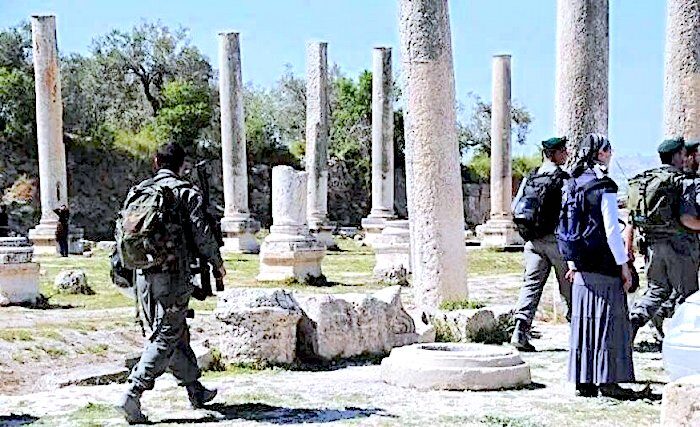OF THE
TIMES
Nicole Kiprilov at the Center for Military Excellence. What the fuck is the Center for Military Excellence?
'' it would be "unprecedented" for any other candidate to be able to step into the breach in such a short time.'' Why? It's not like there would...
After a series of catastrophic policy mistakes by centrist JEWISH leaders, there is no way back for Germany - and its decline is only going to...
Off topic, The Germans are lucky, we Australian bootlickers extraordinaire pay 5 times USA price for gas, this from a nation that’s the 2nd...
I'm going to type below about what a real insurrection was - and it was justified. This is from a book entitled: Our Southern Highlanders ,...
To submit an article for publication, see our Submission Guidelines
Reader comments do not necessarily reflect the views of the volunteers, editors, and directors of SOTT.net or the Quantum Future Group.
Some icons on this site were created by: Afterglow, Aha-Soft, AntialiasFactory, artdesigner.lv, Artura, DailyOverview, Everaldo, GraphicsFuel, IconFactory, Iconka, IconShock, Icons-Land, i-love-icons, KDE-look.org, Klukeart, mugenb16, Map Icons Collection, PetshopBoxStudio, VisualPharm, wbeiruti, WebIconset
Powered by PikaJS 🐁 and In·Site
Original content © 2002-2024 by Sott.net/Signs of the Times. See: FAIR USE NOTICE

Reader Comments
to our Newsletter